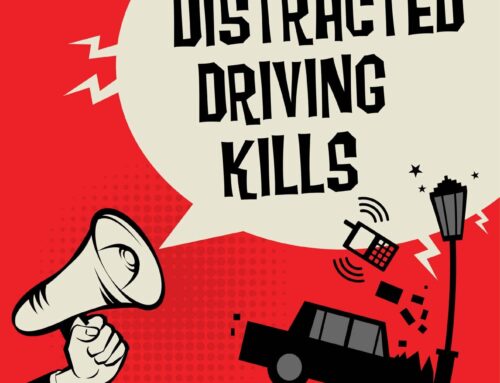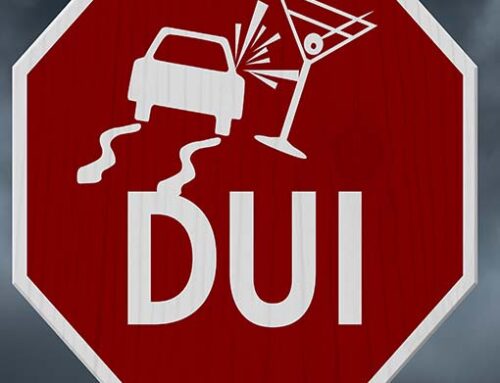
Discover the Potential Value of Your Claim.
The amount of compensation you may be entitled to relies on the specific circumstances surrounding your case. To gain a clear understanding of your rightful entitlements, it is essential to schedule a complimentary consultation with one of our proficient attorneys.
No Upfront Fees Unless We Succeed. Our commitment to our clients is reflected in our fee structure. We do not impose any charges for initial consultations, nor do we request payment for our services unless we secure a favorable outcome for your case. Operating on a contingency fee basis, we only require payment if we achieve a successful resolution on your behalf.
If you are in need of a tenacious, respectful, and highly professional legal representative, call our office now at (702) 512-7777, or utilize our secure online form to request your complimentary consultation!
A Primer on Personal Injury Law
Personal injury law, also referred to as tort law, empowers individuals who have sustained injuries to pursue legal remedies through civil court intervention. This area of law grants the injured party the opportunity to seek financial compensation or redress for losses arising from accidents caused by another party’s negligence or intentional misconduct.
Several circumstances warrant the application of personal injury law:
Accidents: Negligent actions resulting in harm to another individual due to carelessness may give rise to accidents. For example, a car collision caused by an inattentive driver could lead to a personal injury claim seeking compensation for damages incurred in the accident.
Intentional Acts: Personal injury law may be invoked when intentional acts cause harm to another person. If an individual’s intentional behavior causes harm or significant loss to someone else, they may face a lawsuit seeking compensation for the harm inflicted.
Defective Products: Liability may be imposed on a defendant for injuries or harm caused by defective products, even in the absence of accidents, negligence, or intentional misconduct. It is crucial to ensure the products one sells are free from defects to avoid legal complications.
Defamation: Defamatory statements that harm a person’s reputation or cause emotional distress can lead to lawsuits under personal injury laws. Engaging in responsible communication about others is essential to prevent potential defamation claims, which may result in criminal charges or financial compensation to the plaintiff.
Determining the parties responsible for enacting personal injury laws varies among different states, as each state employs distinct measures to safeguard citizens’ rights and well-being. Some states have derived these rights from historical common norms and rules, which were established by judges rather than legislatures or statutory bills.
Understanding the applicability of personal injury laws in the modern world can be perplexing. While no two accidents or personal injury cases are identical, certain legal standards and principles link them together. Personal injury cases involve defendants who have caused harm to plaintiffs, much like other types of wrongdoing that are subject to legal proceedings. While contractual laws govern other cases, personal injury laws are specifically tailored to address injuries and determine liability accordingly.
In a personal injury case, the plaintiff alleges that the defendant breached a legal duty within the specific circumstances surrounding the injury or harm. For instance, a teacher is expected to provide education with the level of professionalism and competence that reasonably skilled educators would display in similar educational settings. Failing to adhere to these professional standards may result in allegations of negligence or carelessness, which are fundamental components of personal injury law.
 In some instances, personal injury matters may be resolved through settlement negotiations outside the courtroom. Insurance companies, for instance, may prefer to settle claims without proceeding to litigation. The terms and conditions of such agreements are unique to the parties involved and typically involve the exchange of a monetary sum in exchange for the plaintiff’s commitment not to pursue further legal action regarding the offense committed against them.
In some instances, personal injury matters may be resolved through settlement negotiations outside the courtroom. Insurance companies, for instance, may prefer to settle claims without proceeding to litigation. The terms and conditions of such agreements are unique to the parties involved and typically involve the exchange of a monetary sum in exchange for the plaintiff’s commitment not to pursue further legal action regarding the offense committed against them.
Understanding these critical aspects enables individuals to navigate the legal landscape effectively in situations where accidents occur or intentional harm is inflicted upon them. To ensure proper guidance and protection of your rights, it is advisable to seek the expertise of a qualified Las Vegas personal injury attorney.





